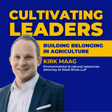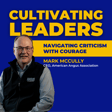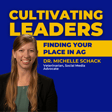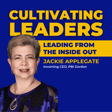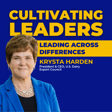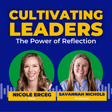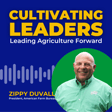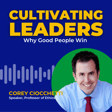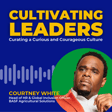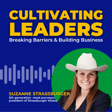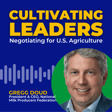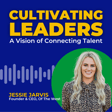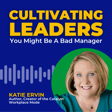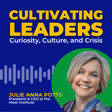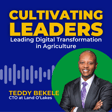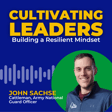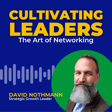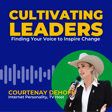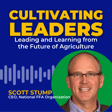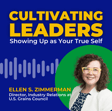
Sustaining a Purpose-Driven Career in Ag with Matt Plitt
What does it take to build a lasting, meaningful career in agriculture? In this episode, Matt Plitt, President and CEO of Valent USA, shares his insights on leading with intention, creating a strong workplace culture and navigating a rapidly changing industry. From personal growth to sustainable leadership strategies, this conversation is a masterclass in what it means to lead with purpose.
Matt dives into:
- Creating an Effective Workplace Culture: How he empowers his team
- Embracing a Changing Industry: Practicing innovation and an open mindset
- The Power of Personal Investment: Leading yourself well to inspire others
Matt drops some great advice for leading through people, purpose and growth to make the most out of your career.
Connect with Matt
- Connect on LinkedIn
About Valent U.S.A
- Visit their Website
- Connect on LinkedIn
Connect with AFA
- Follow us on LinkedIn
- Follow us on Instagram
- Like us on Facebook
- Follow us on TikTok
- Visit our Website
About The Cultivating Leaders Podcast
Real stories. Practical advice. Tangible growth. Join The Cultivating Leaders Podcast, brought to you by Agriculture Future of America, as we explore what it takes to lead in food, agriculture, and beyond. Whether you’re just starting out or leading at the highest level, this podcast is your go-to resource for leadership that matters. Listen now and start cultivating your leadership journey.
Don’t forget to follow/subscribe so you never miss another episode!
